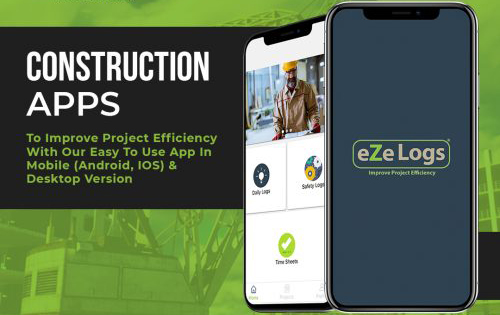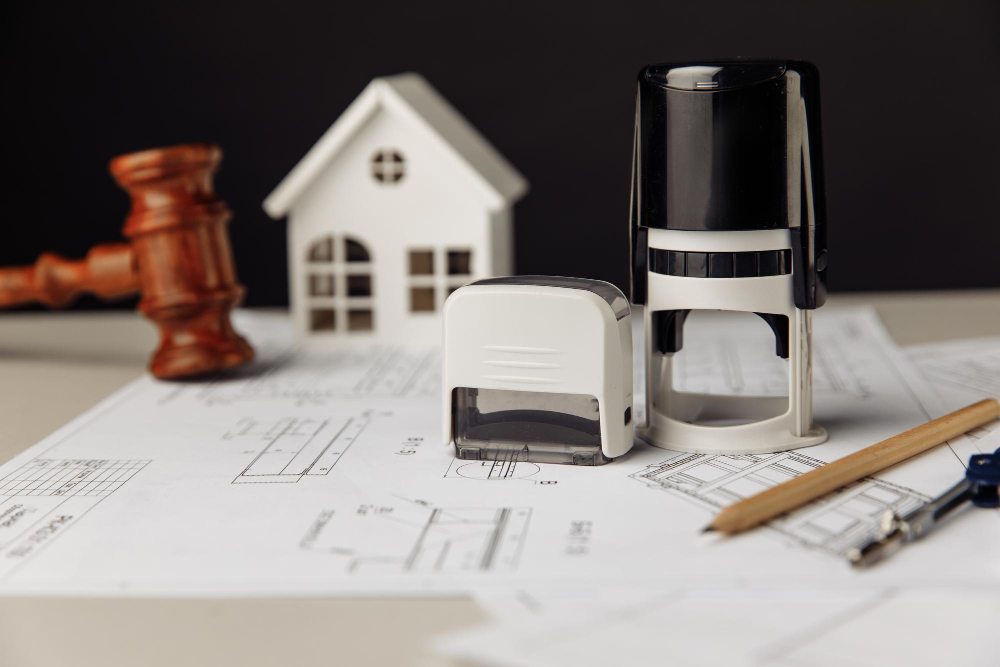Acquiring a general contractor license in North Carolina is essential for professionals looking to manage construction projects within the state. The process involves meeting specific requirements and demonstrating a thorough understanding of construction practices and regulations.

This guide outlines the steps and requirements needed to secure a general contractor license in North Carolina.
Understanding General Contractor Licensing in North Carolina
A general contractor license is mandatory for individuals or businesses contracting to perform work valued at $30,000 or more. This requirement encompasses both residential and commercial projects. The licensing process is overseen by the North Carolina Licensing Board for General Contractors (NCLBGC) and ensures contractors adhere to industry standards.
Also Read: How to Obtain a General Contractor’s License: What You Need to Know
Types of Licenses
North Carolina offers three types of general contractor licenses:
- Limited License: Allows for projects up to $500,000.
- Intermediate License: Covers projects ranging from $500,000 to $1,000,000.
- Unlimited License: Permits projects exceeding $1,000,000.
Each license type has specific qualifications and requirements, tailored to different levels of project scale and complexity.
Step-by-Step Guide to Obtaining a General Contractor License
Step 1: Determine the Appropriate License Type
Before beginning the application process, determine which type of license aligns with your business objectives and project scope. This decision will guide the subsequent steps and requirements.
Step 2: Meet the Eligibility Requirements
To qualify for a general contractor license in North Carolina, you must:
Experience
- Limited License: Requires at least two years of experience.
- Intermediate License: Requires four years of experience.
- Unlimited License: Requires five years of experience.
Experience should be in a supervisory role, demonstrating your ability to manage projects and oversee construction activities.
Education
While formal education is not required, a degree in construction management or a related field can enhance your application.
Examination
Pass the required exams that test your knowledge of construction practices, project management, and North Carolina’s building codes and regulations.
Step 3: Complete the Application
The application process includes:
Application Form
- Obtain and complete the General Contractor License Application form from the NCLBGC website.
Experience Verification
- Provide detailed documentation of your construction experience, such as letters from previous employers, project summaries, and relevant certifications.
Financial Responsibility
- Submit financial statements to demonstrate your financial stability, including personal and business financial statements prepared by a certified accountant.
Background Check
- Undergo a criminal background check. The NCLBGC reviews your criminal history to ensure there are no disqualifying offenses.
Step 4: Pass the Required Exams
Candidates must pass:
Business and Law Exam
- Tests knowledge of business management, financial practices, and legal regulations relevant to the construction industry.
Trade Exam
- Depending on the type of work, you may need to pass a trade-specific exam assessing your expertise in areas such as residential or commercial construction.
Prepare for these exams by studying relevant materials and taking practice tests. Various resources and study guides are available to aid in your preparation.
Step 5: Submit the Application and Pay Fees
Submit your completed application, required documentation, and application fee to the NCLBGC. The fee varies depending on the license type and is non-refundable.
Step 6: Await Approval and Issuance
The NCLBGC will review your application and determine if you meet all requirements. Upon approval, you will receive your general contractor license, allowing you to operate legally in North Carolina.
Continuing Education and License Renewal
To maintain your license, you must stay informed about industry changes and complete continuing education courses. North Carolina mandates continuing education to ensure contractors remain knowledgeable about new practices, safety measures, and regulatory updates.
License Renewal Process
Licenses are renewed every two years. To renew your license:
Complete Continuing Education
- Fulfill the continuing education requirements specified by the NCLBGC.
Submit Renewal Application
- Complete and submit the renewal application form before your license expires.
Pay Renewal Fees
- Pay the renewal fee, which is generally lower than the initial application fee.
Resources and Support
Several resources are available to assist with the licensing process:
- North Carolina Licensing Board for General Contractors (NCLBGC): Provides information on licensing requirements, application forms, and exam details.
- Local Trade Associations: Organizations such as the North Carolina Home Builders Association (NCHBA) and the Associated Builders and Contractors (ABC) offer resources, networking opportunities, and support for general contractors.
Also Read: What to Look for When Hiring General Construction Contractors


